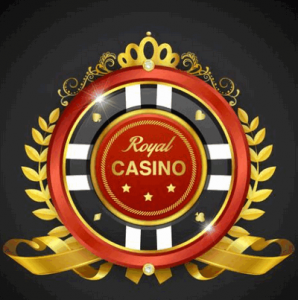While there is no casino game in which the player has a greater advantage than the house, blackjack is the only game in which players can use strategies to ensure that the house has the least advantage. So if you thought blackjack was all about holding your breath and hoping for the elusive 21, you’re wrong!
This beginner’s guide to blackjack will give you some insight into the history of the game, basic strategies, card counting and the various online casinos that offer this exciting card game.
The History of Blackjack
Sometime around 1700, the French began playing a card game known as ” vingt-en-un ” or ” twenty-one “. The game began to gain popularity in the United States when casinos began offering fantastic payouts to players who drew an ace and jack of spades or clubs (hence the name blackjack). While casinos today offer bigger payouts to players who get an ace and a face card (king, queen, or jack), the nickname derived from its heyday has persisted. In more recent years, the game has moved online, with online blackjack becoming one of the most popular casino games on the internet.
Basic Blackjack
The basic premise of the game is to get cards totaling 21 . Each player is dealt two cards. If a player is dealt a card with a value of 9 or less and an Ace, he is dealt a soft hand. When the player does not receive any Ace cards, this is called a “hard hand”. Once the cards have been dealt to all players at the table, including the dealer (who keeps one card face down), each player is given the chance to make one of six decisions:
Request another card (Hit): If a player says to hit me, the dealer deals him another card. If the addition of that card makes the total greater than 21 the player has lost and is disqualified from the game, if the card exceeds 21 the player wins and if the total has not yet reached 21 they are still in the game. the game.
Keep the hand you’ve been dealt: If a player is happy with the hand, he will stand. Once this is done, the dealer reveals his or her hand and the player who collected 21 or the cabinet to 21 wins.
Double Down: A player can ask to double, which doubles the bet he has placed. Once you have performed this action, you can only get one more card. The specifics of doubling down are usually specified by the table or casino rules, so be sure to familiarize yourself with the house rules before playing. When you play at an online casino, this is usually quite simple.
Split: If a player is dealt two cards of the same rank (for example, two eights), he may split them to create two different hands. If you have chosen to split your hand, you must place a new bet equal to the original bet.
Surrender: Some casinos allow players to surrender the hand they were dealt along with half of the original bet they placed before the dealer checks his hand. Again, it is important to ask the dealer for clarification on the table rules or to check the rules at the online casino where you are playing.
Insurance: When the dealer’s face-up card is an Ace, players have the option to purchase insurance. You place half of the original bet before the dealer checks his cards; if the dealer has blackjack, you win the insurance bet but still lose the original amount – which is clearly better than losing the whole lottery ticket.
Unfortunately, if the dealer doesn’t have a blackjack, the player loses the insurance. It’s a risk, but well worth it when used as part of a smart strategy.
Once a player has stood or gone bankrupt by going over 21, the dealer will show his hand and continue dealing cards to himself until one of the following happens: When he reaches 17, a dealer draws usually no new card if his cards total 17 due to the chance of going bust, if he has drawn 21 or if he has gone bust.









